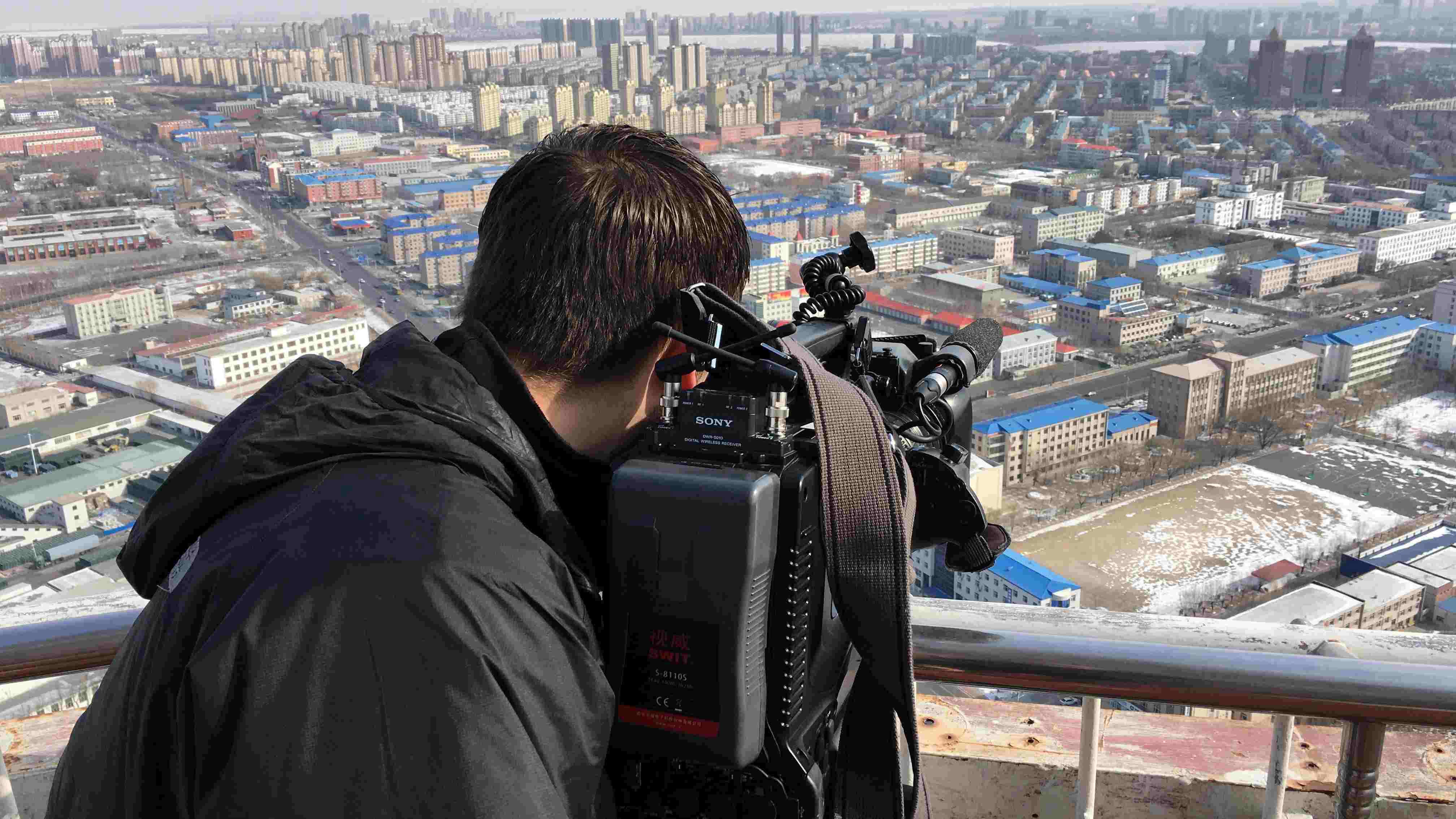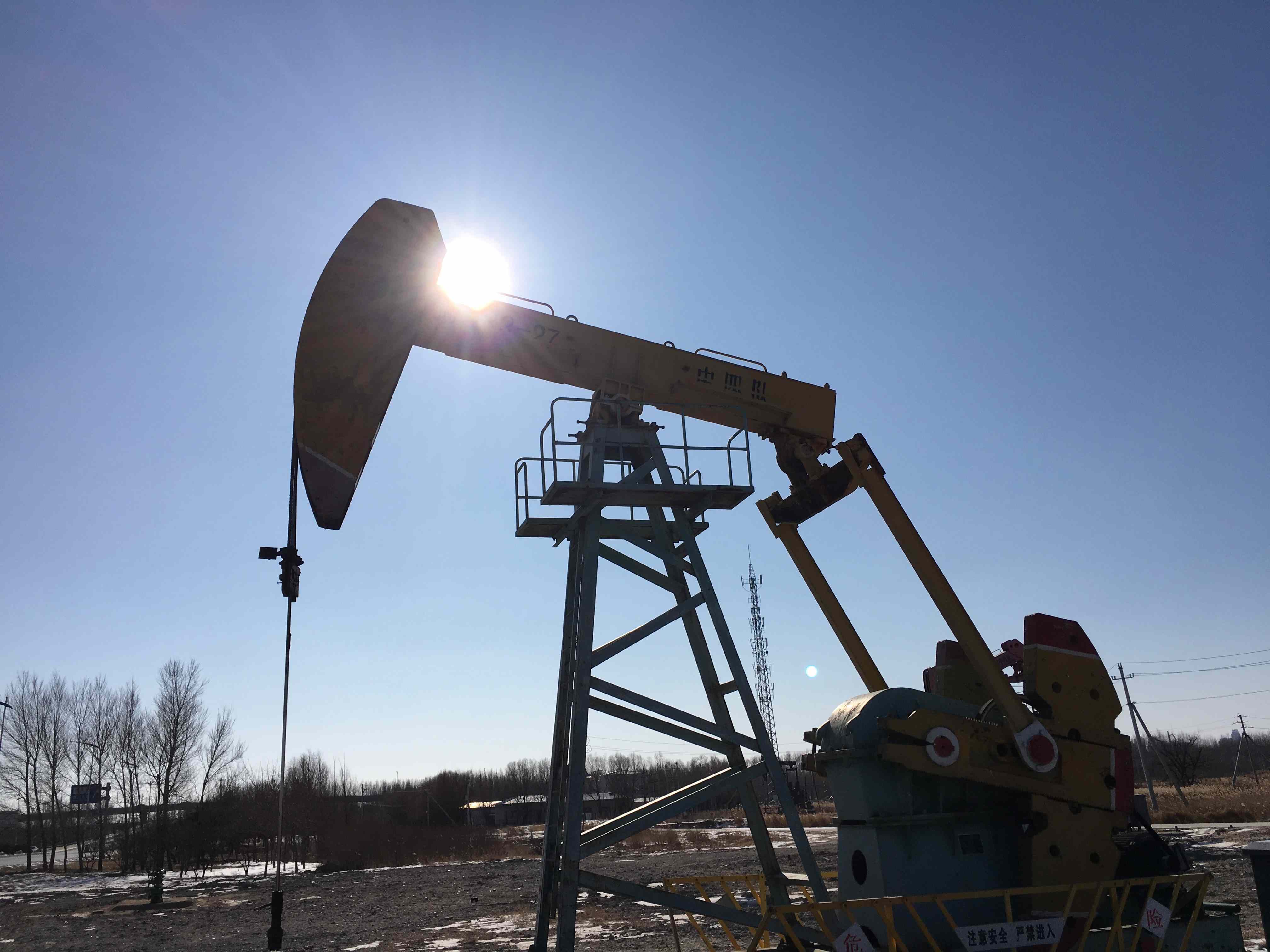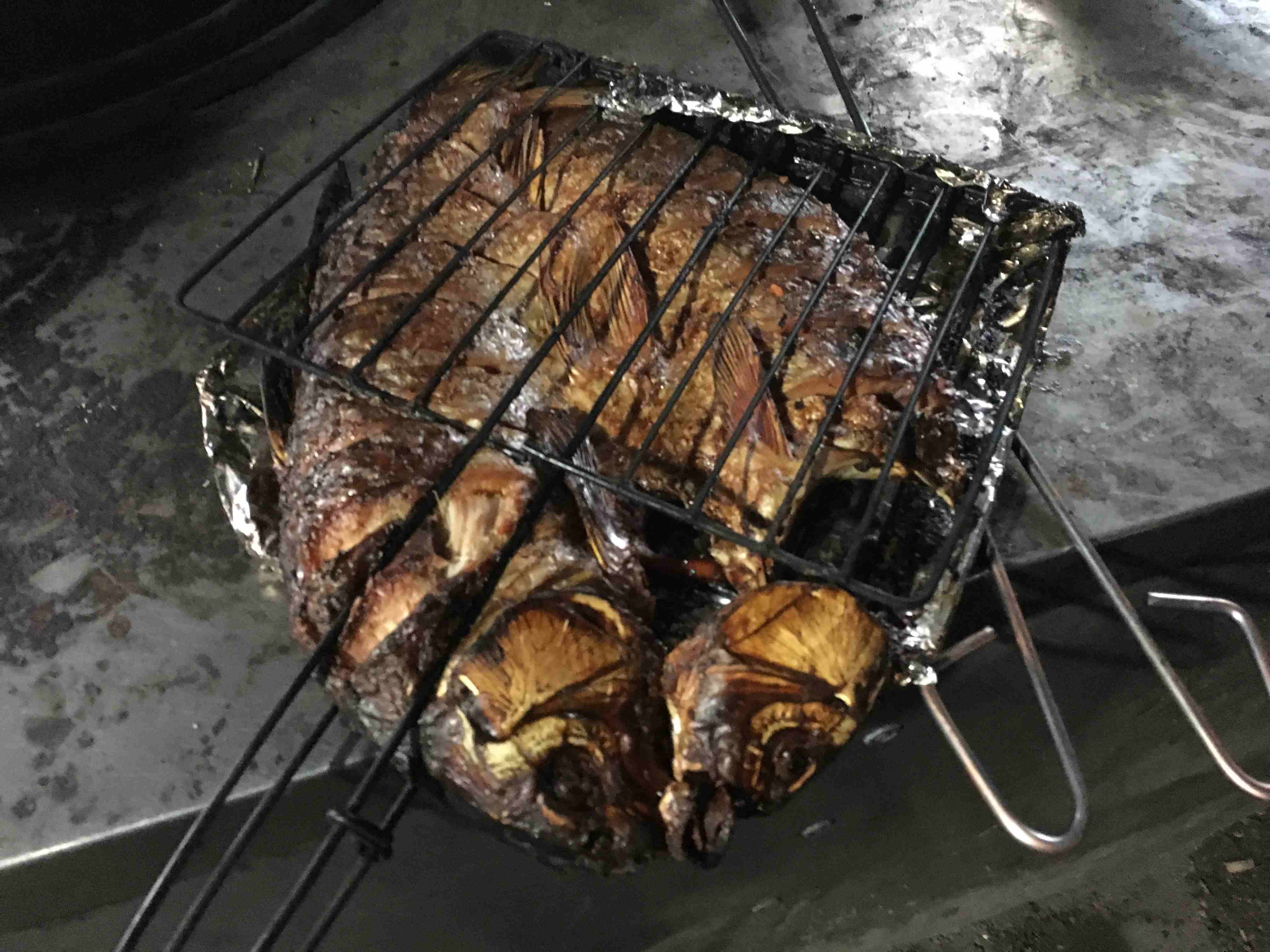
Business
21:07, 05-Mar-2018
Reporter's notebook: Digital Daqing economy
by Sean Callebs

Daqing is located in northeast China’s Heilongjiang Province. A couple of things hit you quickly when you visit this city of three million in late winter.
Firstly, it is cold.
Secondly, it is not a city created from brick and mortar, but rather crude oil.
Crude oil was discovered in 1959 in Daqing, and the city grew up around its linchpin industry. Without question, the deputy chief engineer of the Daqing Oil Field said: “This has greatly contributed to China’s economy and the prosperity in northeast cities.”
But, the supply is limited, and since 2006 it has been dwindling. People in Daqing are hearty, and have a proud work ethic.
Virtually everyone in the nation knows about the “Iron Man of Daqing” Wang Jinxi and his efforts in simply brutal weather conditions to lure oil from beneath the earth. But after churning out some 50-million tons of oil for more than 27 years, the beginning of the end reared its head back in 2006.
2006 is the first year oil production began to decline and it has been dropping about seven percent a year ever since. Government officials in the province are quick to point out that Heilongjiang has not enjoyed the same economic success as its neighbors to the south.That is why so many people in the region, follow the political developments in the Two Sessions and are obviously thrilled that the Work Report calls for more revitalization in the cold northeast.

An oil field pump: There are hundreds just like it working, slowly, around the clock in Daqing. /CGTN Photo
An oil field pump: There are hundreds just like it working, slowly, around the clock in Daqing. /CGTN Photo
I had a chance to sit down with two young men, who recently started work at a new car manufacturing plant in Daqing. The city’s future could well be steeped in the automotive world.
Volvo has a factory that makes luxury cars and more importantly to the region-employs 28,000 people.
Wang Cong’s father has worked in the oilfield for more than 30 years. His father helped build the city. Wang, will take it in the next century.
He told me, “When I first got to work, my family taught me to take everything seriously-work hard, and overcome difficulties. I think that is how the Iron Man spirit, and the Daqing spirit have been inherited and spread."
Daqing is proud of something else as well-its BBQ.

There is a long street lined with restaurants that serve only BBQ. /CGTN Photo
There is a long street lined with restaurants that serve only BBQ. /CGTN Photo
We had lunch with a group of government officials, and talked about the city’s past and future. They all hope that Volvo will lead to more and more industry flowing into Daqing. It may not be a modern, luxury car factory, that employs thousands, but auto parts, repair shops, and used car sales, all of which could add to the region’s bottom line.
Liu Zhongxu is the director of Daqing Automotive Industry Development.
Energetic, athletic, who loves to play badminton, he seems like the kind of official to help pull a region out of a economic morass. “As a remote area in the country, we admit that the economy of the northeastern provinces is left behind compared with the more developed provinces in the south,” Liu said.
But there is good news he said. Liu told me: “If Daqing succeeds it will be significant for other resource based cities in northeast China, like Hegang, and Jixi that seek to break through and find a way to success.”
So what about the oilfields?
Well, there are hundreds and hundreds of pumps dotting the landscape, all seemingly moving in the slow up and down fashion trying to squeeze as much oil as possible out of the earth.
Government leaders know the supply is dwindling. But they want to keep production going for another 40 years. That way, the Daqing Oilfield will have operated 100 years and hopefully created a diverse economic foundation to have other industries up and running.

SITEMAP
Copyright © 2018 CGTN. Beijing ICP prepared NO.16065310-3
Copyright © 2018 CGTN. Beijing ICP prepared NO.16065310-3